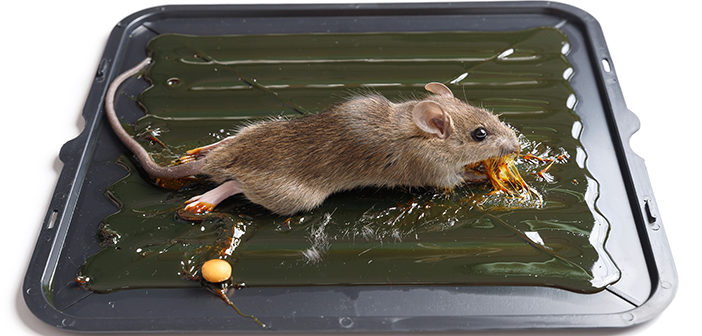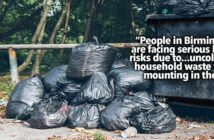Defra has released an overview of the key principles for the new licensing regime for rodent glue boards, as required by the Glue Traps (Offences) Act 2022.
The Glue Traps (Offences) Act 2022 allows pest professionals to continue to use rodent glue boards under licence.
Pest controllers will be able to apply for glue trap licences from Thursday, June 13, 2024.
The glue trap ban will come into force on Wednesday, July 31, 2024.
Defra has announced that licences will only be issued for exceptional circumstances, and where all alternative methods of rodent control are ineffective or impractical. Only professional pest controllers involved in rodent control management will be able to hold a licence for glue trapping.
There are 2 types of licence:
Class licence
You register in advance to use this licence. This licence only covers very specific situations (see below), which are time-critical. Once you are registered, you do not need to inform the Licensing Authority before you act under this licence, but you must notify the Licensing Authority within five working days after you have used this licence, and at each site you use it.
Every year you will be asked if you want to remain registered. The Class Licence will permit use of glue traps in the following situations only:
- inside aircraft;
- in hospital surgery operating rooms (and related areas needed for maintaining equipment); and
- in critical infrastructure sites at imminent risk of fire or equipment failure.
Individual licences
You apply for a single-use licence at the time of need, to deal with a particular problem, at a particular site. The Licensing Authority will assess your application and issue a decision.
You cannot use glue traps until you have received written confirmation from the Licensing Authority that your application has been approved and you have a copy of your licence.
Individual licences will only be issued in exceptional circumstances where there is a high risk to public health & safety and where all alternative methods of rodent control are ineffective. Detailed evidence will be required of the alternative methods that have been tried.
Exceptional circumstances are considered to be those with a large-scale risk to public health & safety. For example: sites accommodating large numbers of vulnerable people (care homes, hospitals), food manufacturing facilities with national distribution, laboratories where contamination risk has nationally significant impacts.
Defra has said that restaurants, takeaways, dwelling houses are not considered as exceptional circumstance.




